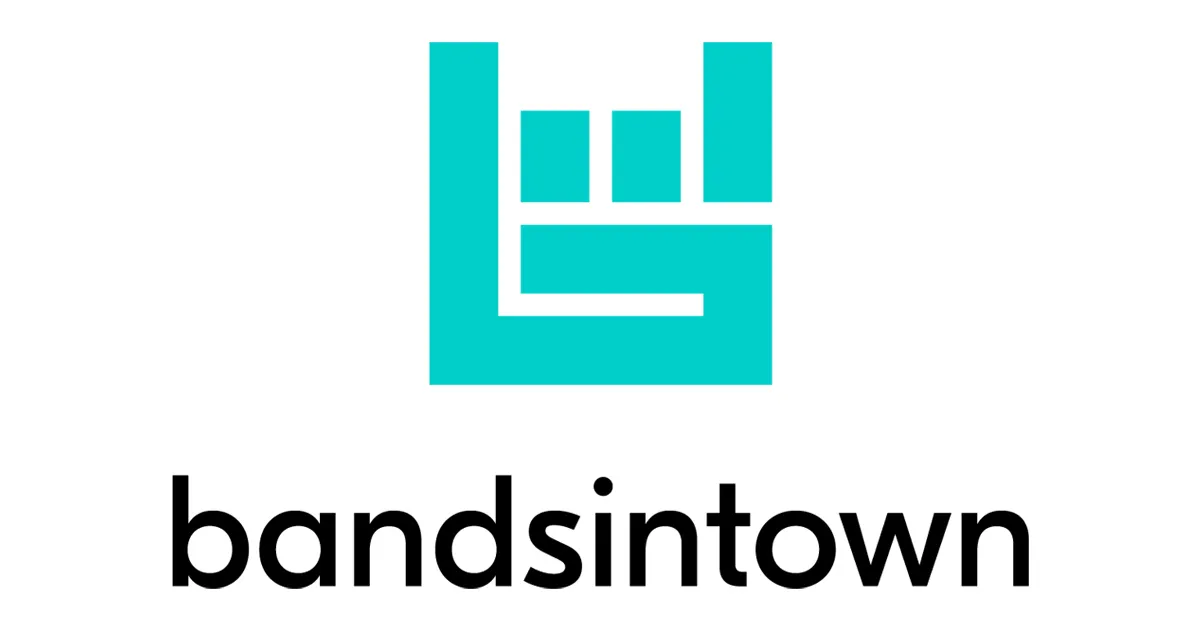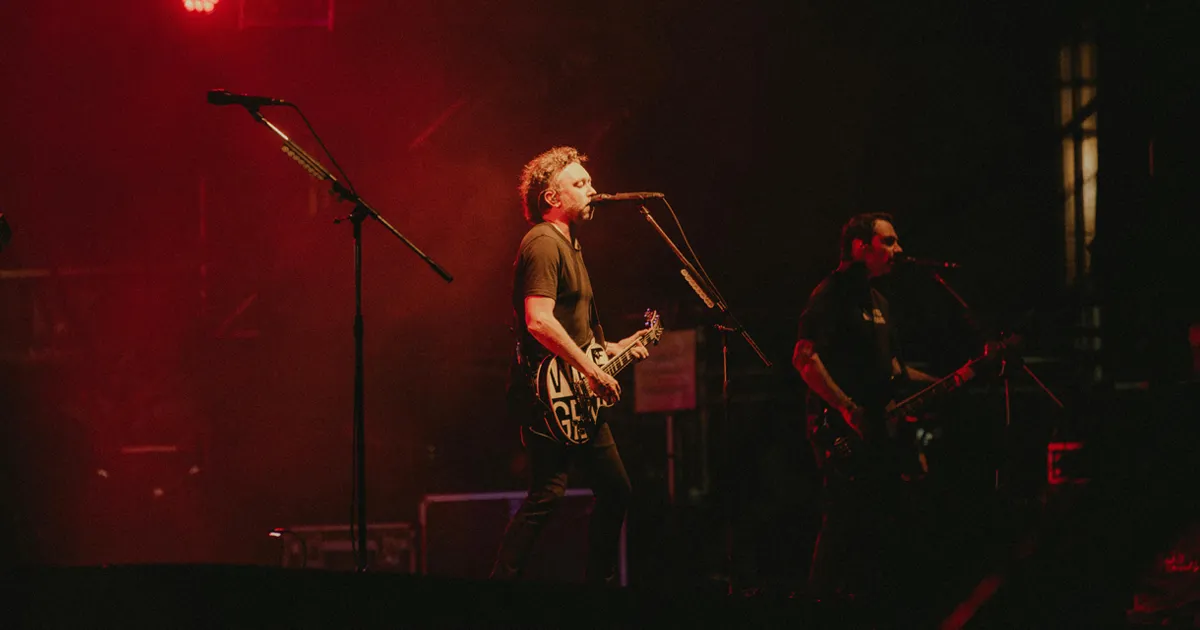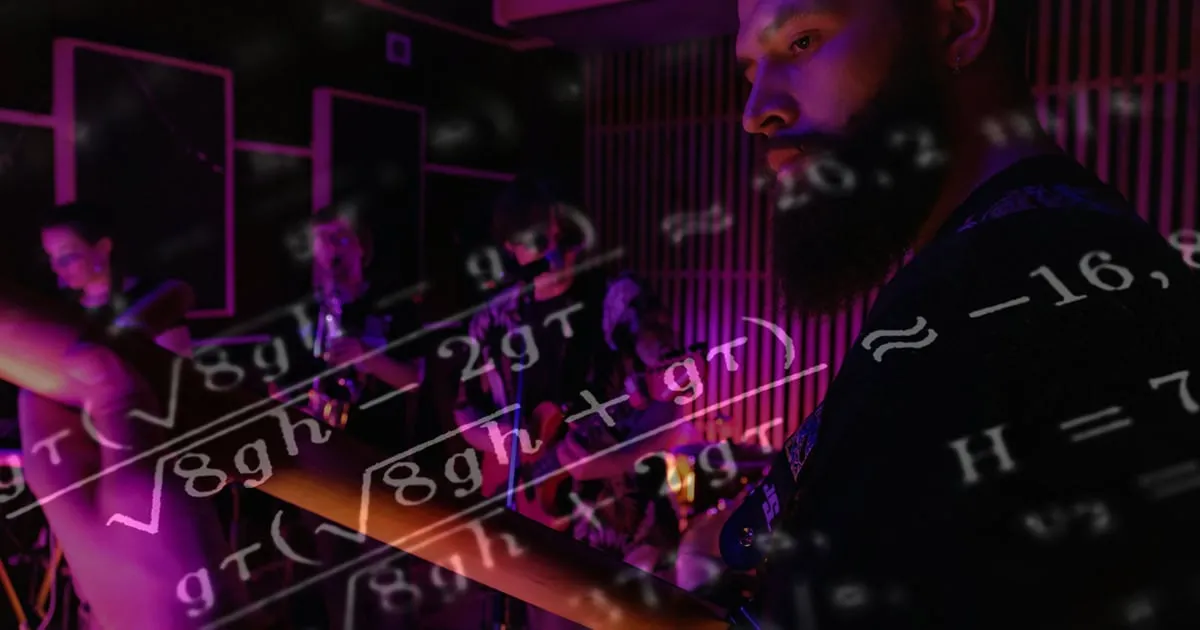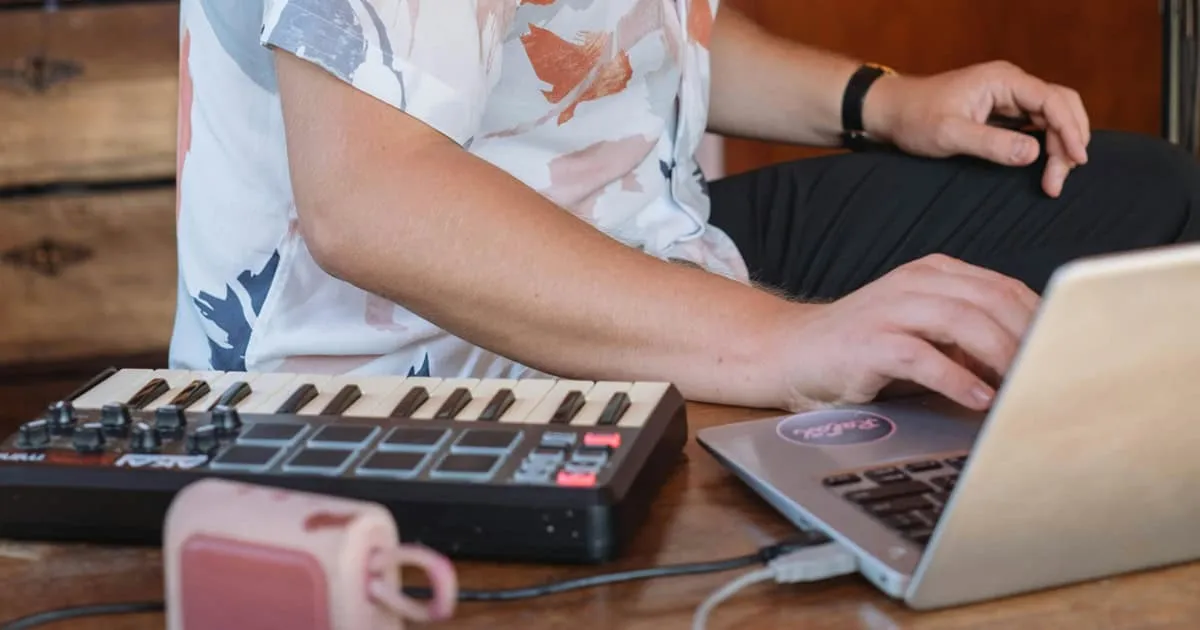Two weeks ago I asked Hypebot readers to help me prove that all this music 2.0 marketing mumbo jumbo actually works. Stories about Trent Reznor, Radiohead and Jill Sobule who have grown careers using all the 2.0 techniques after leaving a record label who spent hundreds of thousands of dollars to break them are great; but for this list, they don't count.
I want to build a useful list that could serve as inspiration for other artists and entrepreneurs. Several music bloggers encouraged participation and the response so far has been encouraging as readers suggested and debated several dozen artists who have joined the new musical middle class (or above) without label largess.
But we need to do more.
I need your suggestions. I'm willing to do some work, find an intern or volunteer (anyone interested?) and even spend a little money (unless someone wants to sponsor) to create a useful ongoing database of new music success stories.
But what is the best way to do it? A wiki? A downloadable spread sheet that I host? And what should it include? Does it need annotations, like noting that Drake was a TV star prior to selling 300K downloads in 2 weeks as a d.i.y. artist? How can we best add to and then turn a list of new music industry success stories into a useful resource?
- Leave your suggestions below
- View the original post and add more success stories here




